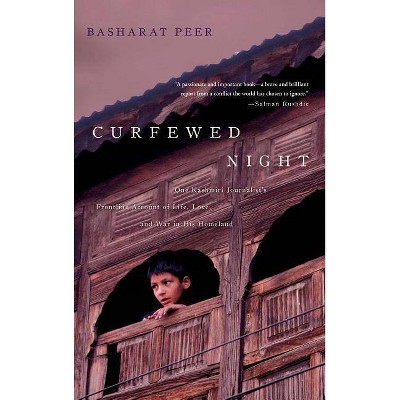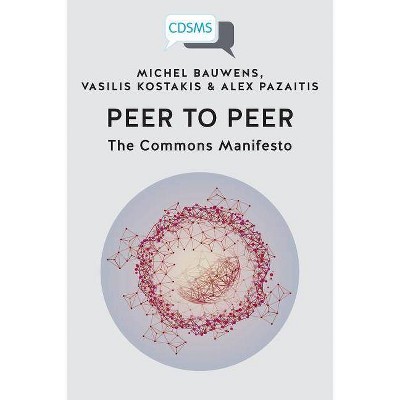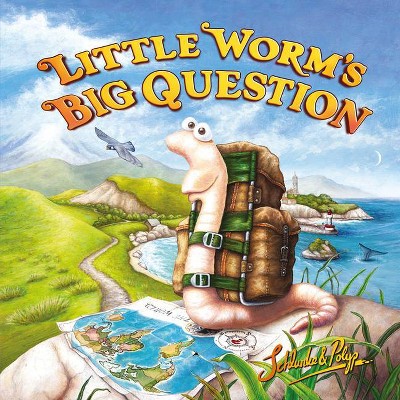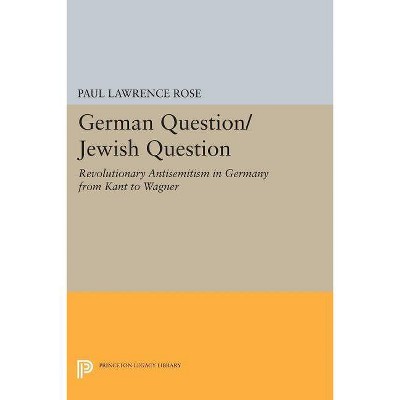A Question of Order - by Basharat Peer (Paperback)
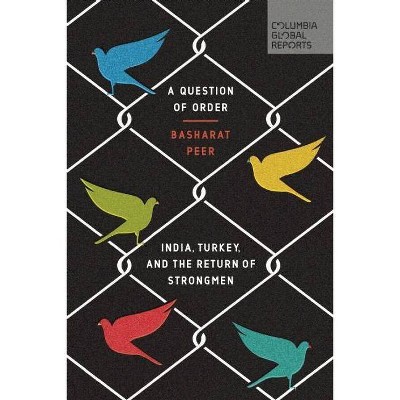
Similar Products
Products of same category from the store
AllProduct info
<p/><br></br><p><b> About the Book </b></p></br></br>Neoliberals thought capitalism would bring about democracy, civil liberties, and human rights everywhere. But that is fast becoming an illusion, particularly in the East, where traditionalist and nationalist leaders are attracting religious, rural, or newly urban constituencies and ushering in an era of illiberal democracies. Peer reports from two of the world's largest democracies and examines how two charismatic strongmen came to power and moved their country in the direction of authoritarianism.<p/><br></br><p><b> Book Synopsis </b></p></br></br><b>What happens when a democratically elected leader evolves into an authoritarian ruler, limiting press freedom, civil liberties, and religious and ethnic tolerance?</b> <p/> India and Turkey are two of the world's biggest democracies--multi-ethnic nations that rose from their imperial past to be founded on the values of modernity. They have fair elections, open markets, and freedom of religion. <p/> Yet this is an account of how the charismatic strongmen Narendra Modi, in India, and Recep Tyyip Erodgan, in Turkey, used the power they had won as elected heads of state to push their countries toward authoritarian ways. <p/> Journalist Basharat Peer knows only too well how the tyranny of the majority can exact a terrible human toll; it's a story he told in <i>Curfewed Night</i>, his memoir of growing up in war-torn Kashmir. For this book, Peer spent a year and a half traveling across India and Turkey to chronicle the rise of Modi and Erodgan, and to tell the stories of the men and women they have victimized, who have showed courage and endured great suffering because of their love of true democratic traditions. It is more important than ever to understand the failings of democracies like India and Turkey if liberal traditions are to be protected and nourished. <p/> <b>A knowledgeable journalist astutely delineates a troubling global move toward the right wing. --<i>Kirkus Reviews</i></b><p/><br></br><p><b> Review Quotes </b></p></br></br><br>In the midst of a complex global story of democratically-elected autocrats, Basharat Peer makes sense of what is going on in both countries.... A very timely and important book. <b>--Alex Cacioppo, <i> Huffington Post</i></b> <p/> India is frequently described as the world's largest democracy, thus leaving the impression that the country has nothing in common with a place like Turkey. In just the past year, the latter has weathered an attempted coup, a large-scale purging of key institutions by the ruling regime, and a president who seems increasingly unstable. But as Basharat Peer makes clear in his new book, <i>A Question of Order</i>, the two places have more similarities than you might think. <b>--Isaac Chotiner, <i>Slate</i></b> <p/> Peer's illuminating little book provides a ground-level account of this phenomenon in India and Turkey, revealing striking parallels between the two cases.... With a keen journalist's eye, Peer observes how various kinds of people--politicians, shopkeepers, intellectuals--experience these regime transitions. He finds that the most profound change is also the most subtle: a slow and sometimes imperceptible erosion of civic culture and political norms that undermines the democratic spirit. <b>--John Ikenberry, <i>Foreign Affairs</i></b> <p/> An impressive and sharply written book.... Recent events in democracies of both East and West are stirring fears of destructive majoritarianism. Strongmen everywhere are rediscovering 'the art of converting citizens' fears and insecurities into electoral support.' This timely book sounds an ominous warning. <b>--William Armstrong, <i>Hurriyet Daily News</i></b> <p/> Peer's analysis of how these two strongmen have risen to supreme power in their respective countries is incisive and compelling. <b>--<i>Los Angeles Review of Books</i></b> <p/> A Kashmiri journalist examines a new generation of tyrants threatening the (illusory) promises of liberal democracy and astutely delineates a troubling global move toward the right wing. <b>--<i>Kirkus Reviews</i></b> <p/> Basharat Peer's new book is impeccably timed. Amid all this loose talk of an authoritarian wave, an in-depth comparison of two oft-cited cases is welcome. <b>--<i>Bookforum</i></b><br><p/><br></br><p><b> About the Author </b></p></br></br><b>Basharat Peer</b> is an opinion editor at <i>The New York Times</i>. His memoir, <i>Curfewed Night</i> (2010), won India's Crossword Award for Non-Fiction, and was chosen as a Book of the Year by both <i>The New Yorker</i> and <i>The Economist</i>. He has been an editor at <i>Foreign Affairs</i> and <i>The New York Times'</i> India Ink blog, and has written for <i>The New Yorker, Granta, Foreign Affairs, The Guardian, n+1</i> and <i>The New York Times</i>. Peer studied journalism and politics at the Columbia School of Journalism. He lives in New Delhi.<br>
Price History
Cheapest price in the interval: 11.59 on October 27, 2021
Most expensive price in the interval: 11.59 on November 8, 2021
Price Archive shows prices from various stores, lets you see history and find the cheapest. There is no actual sale on the website. For all support, inquiry and suggestion messagescommunication@pricearchive.us
